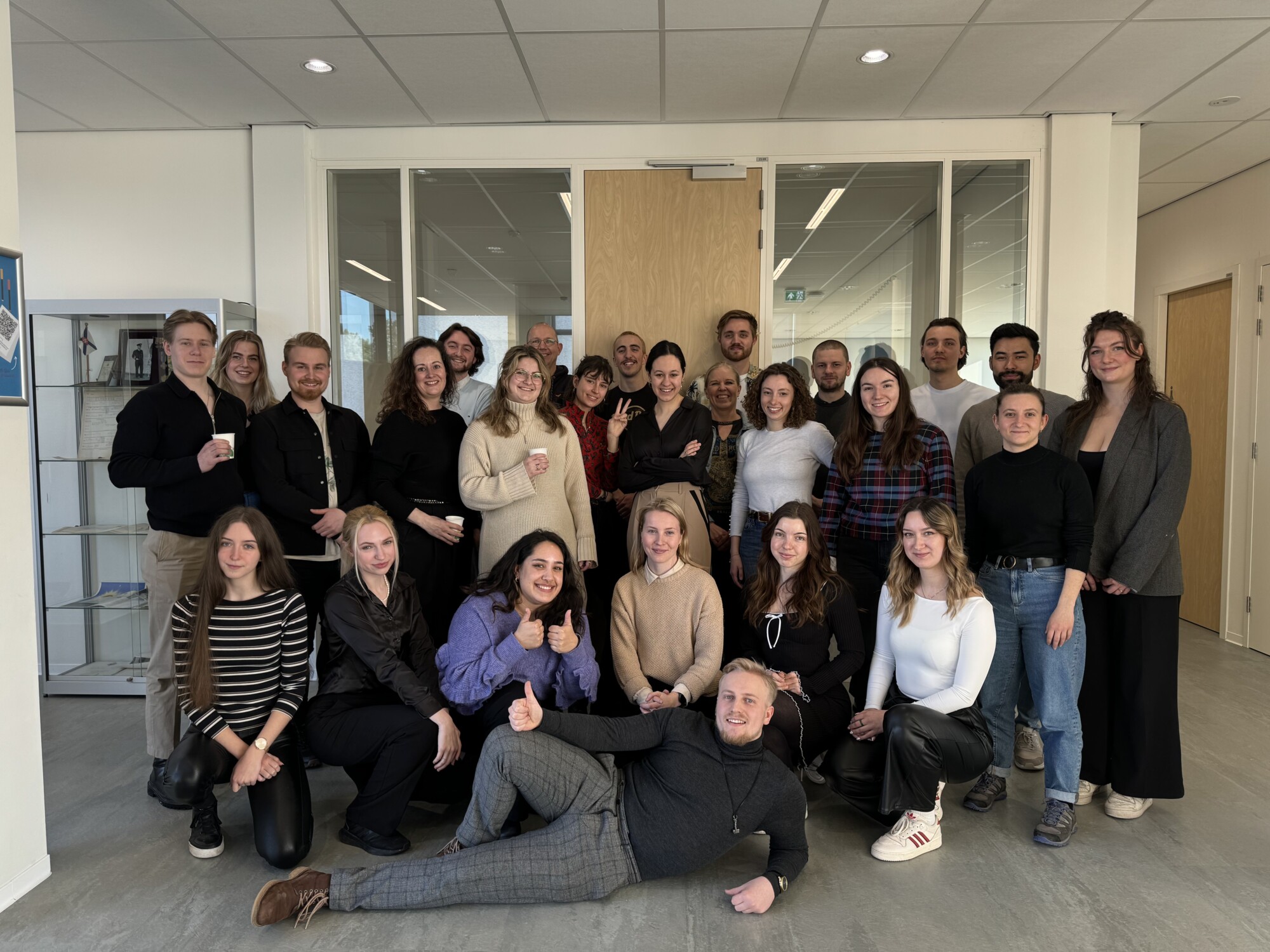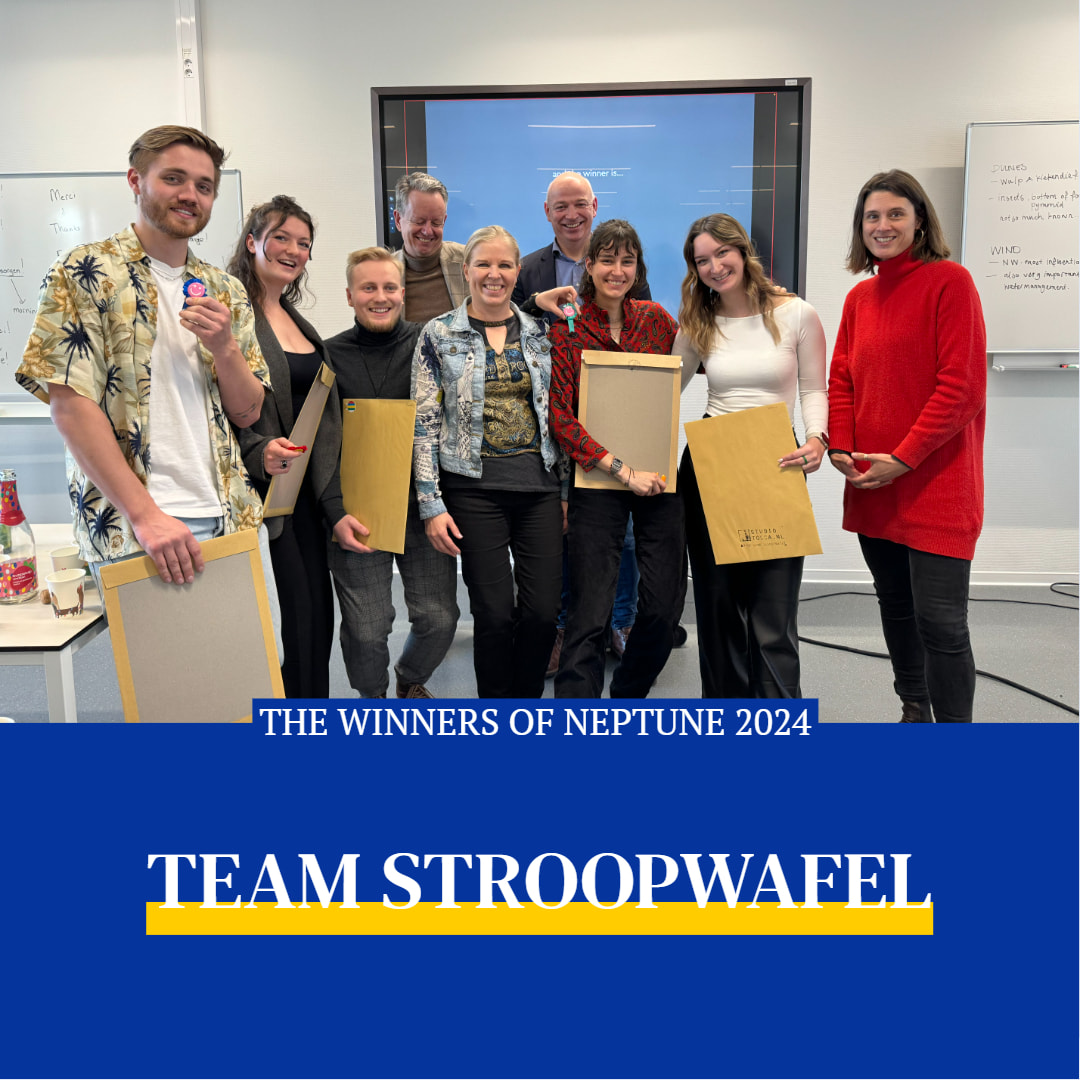
Savonia Proudly Unveils the Innovations of Neptune Project 2024; Inhabiting
Terschelling
Savonia University of Applied Sciences has once again taken the helm of the forward-thinking Neptune Project 2024, with the invaluable collaboration of industry leaders and academic partners.
“NEPTUNE” which stands for Network for Environmental Projects in Technology, UNited in Europe, visited the picturesque island of Terschelling, Netherlands that served as the vibrant backdrop for a fusion of minds and talents from across the globe. Led by Grytsje Schaaf and supported by a constellation of experts from partner institutions, this edition has been a melting pot of creativity, sustainability, and architectural marvel.
Under the theme “Inhabiting Terschelling,” twenty-two bright students from prestigious universities in Finland, Slovenia, France, and the Netherlands came together to form multidisciplinary teams for an extraordinary 8-day workshop focused on sustainable living and innovative design. Guided by esteemed mentors like Mervi Heikkinen from Savonia, Samo Lorber from the University of Maribor, Gauthier Daval from ECAM Lasalle, and Kor Visser from NHL Stenden University of Applied Sciences, these young visionaries set out to transform the Campus Victoria area, making it a testament to sustainability and creative thinking.
Creating eco-friendly materials and innovative designs to enhance public spaces
From the outset, the students engaged in thought-provoking sessions, including one with Johan Thijssen, the client for this year’s project. Their goal was clear: to integrate eco-friendly materials and innovative designs to enhance public spaces and foster a sense of community. The emphasis on environmental stewardship and the inventive reimagining of Terschelling’s environment highlighted the project’s focus on blending nature with human ingenuity. The workshop ends with the jury choosing a winning team.
The winner for Neptune Project 2024 is Team Stroopwafel, under the supervision of Mervi Heikkinen. The team received accolades for their projects that combined minimal spatial interventions with a deep respect for the natural and architectural heritage of Terschelling. Their proposals offered versatile spaces adaptable to different times, seasons, and spontaneous community use, showcasing a profound understanding of the dynamic between space and society.
The Neptune Project 2024 not only shone a spotlight on the possibilities of sustainable living but also celebrated the rich tapestry of ideas that emerge when diverse minds collaborate. As we look back on this year’s project, we are reminded of the incredible achievements that can arise from the intersection of education, collaboration, and innovation, setting a new standard for future endeavours in sustainable development and community-focused design.

Writer: Saireen Shupti